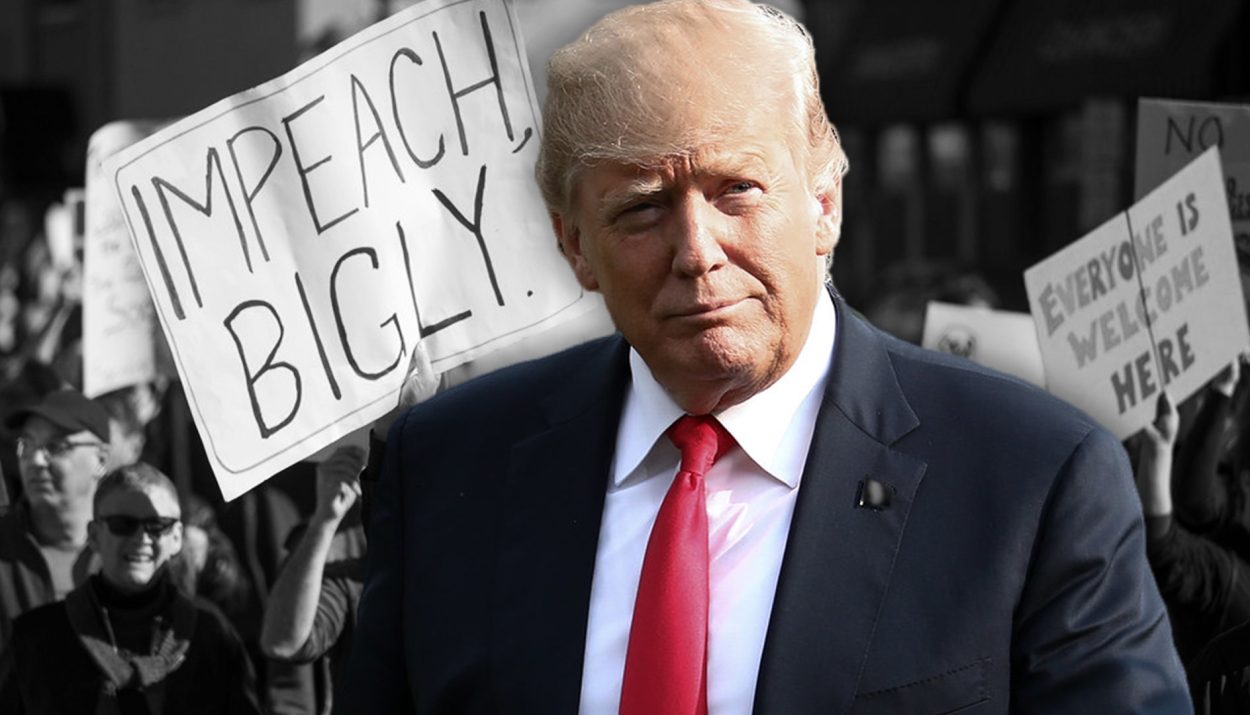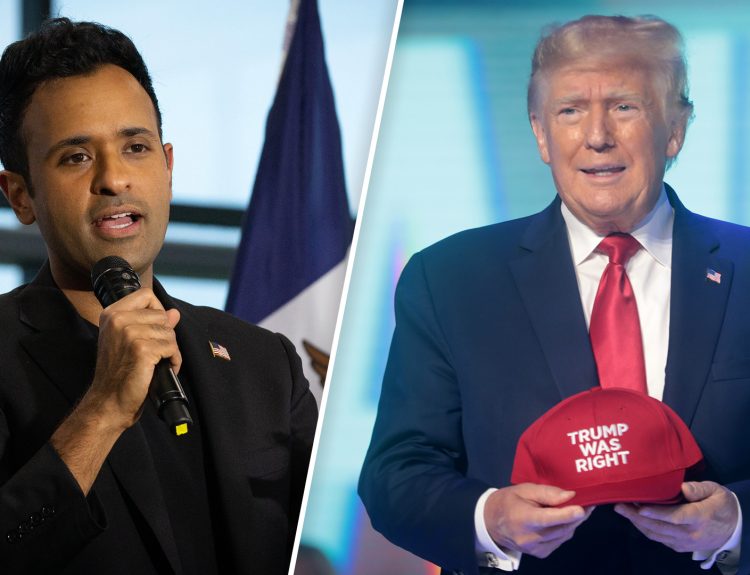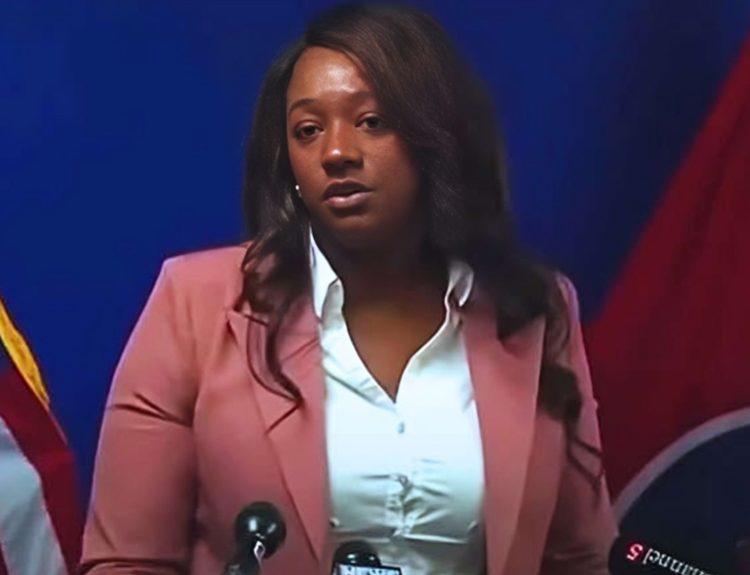Arizona’s upcoming 2024 presidential election cycle has already seen its share of controversy and accusations. Republican state lawmakers have proposed several bills to give former President Donald Trump an advantage should he decide to run again.
Critics argue these bills threaten the integrity of Arizona’s elections by making it easier for partisan officials to overturn results. However, supporters believe they are necessary to restore trust in the voting process after the chaos of 2020.
Arizona Republicans Push Election Reform Bills
Arizona Republicans introduced legislation to reform the state’s election process. House Resolution 2055 proposes measures to ensure the integrity of Arizona’s 2024 presidential election. The resolution calls for limiting voting to election day, eliminating early voting and mail-in ballots, except absentee ballots.
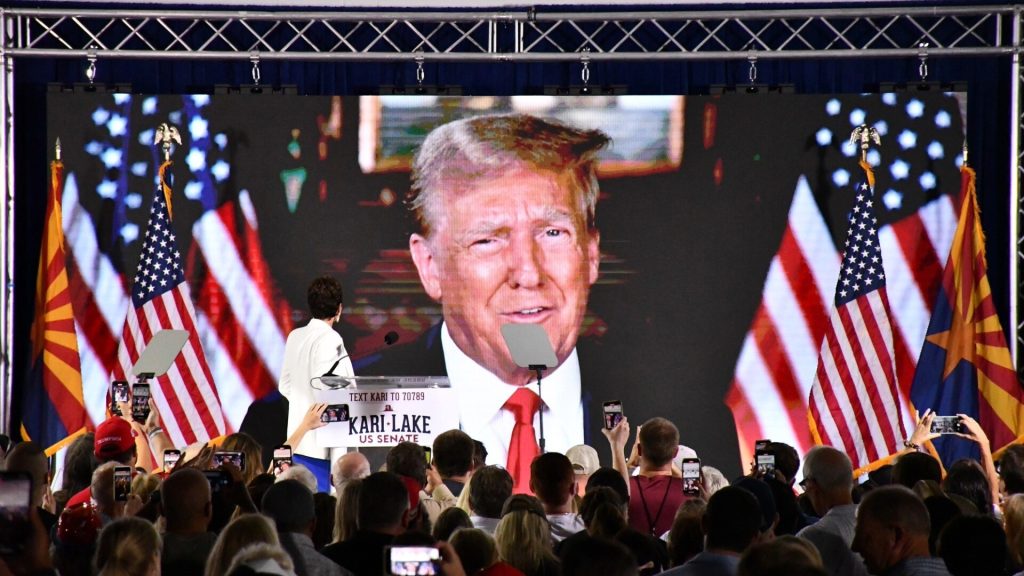
Supporters argue this will reduce opportunities for fraud and ensure eligible voters cast votes. However, critics argue it will disenfranchise voters unable to vote on election day. The legislation also proposes requiring all voters to provide proof of citizenship and government-issued photo identification to vote.
Proposed Bills Would Overhaul Election Procedures
A group of Arizona House Republicans recently introduced a resolution proposing substantial changes to the state’s election procedures. According to the resolution, the proposed reforms aim to “protect the 2024 presidential election from another maladministered and illegally run election.”
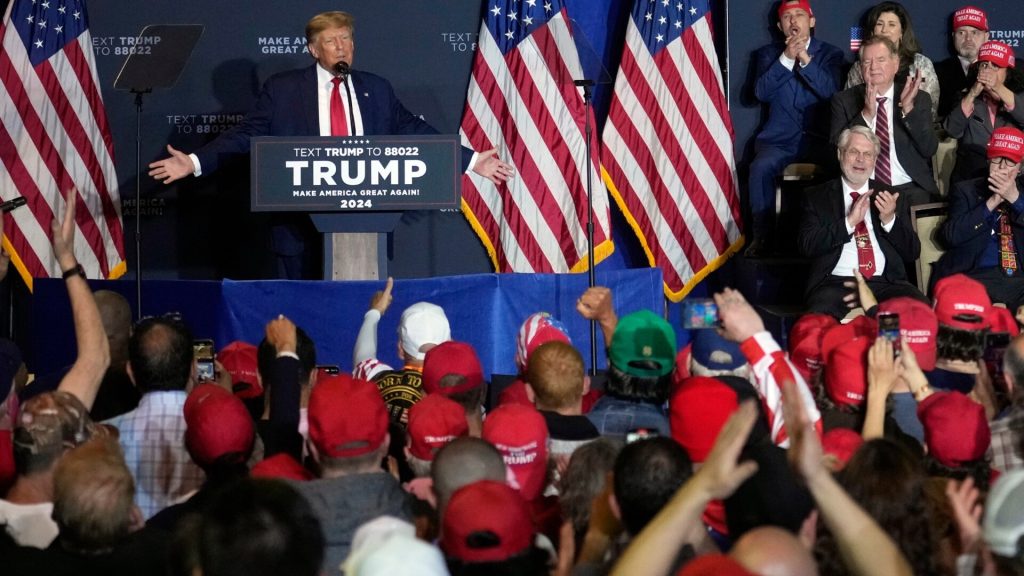
Most controversially, the resolution allows the Republican-controlled legislature to appoint presidential electors if Democratic Governor Kate Hobbs does not enact the proposed reforms. Supporters frame this as a way to safeguard election integrity, while opponents argue it is an attempted power grab undermining the democratic process.
Measures Aim to Ensure “Election Integrity” in 2024
The resolution introduced by Arizona House Republicans proposes appointing the state’s 11 presidential electors to the winner of the Republican primary. According to the resolution, this action would “offset the removal of a republican candidate in Colorado and Maine.”
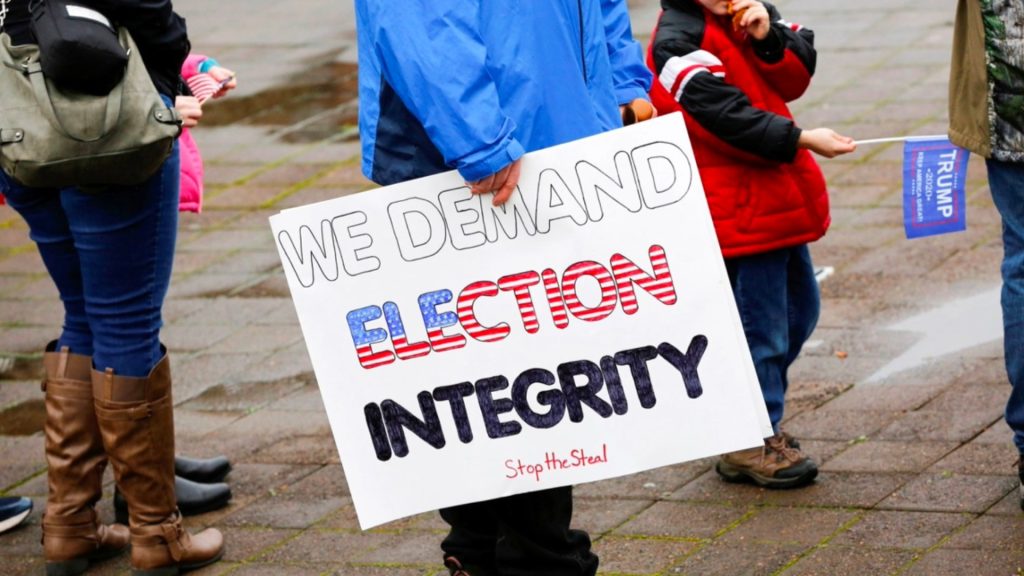
The resolution suggests that if Governor Katie Hobbs does not sign unspecified “election reform measures,” the Legislature should take matters into its own hands and appoint electors to “protect the 2024 presidential election.” The resolution continues to promote the false claim that the 2020 election in Arizona was “illegally run.”
Critics Argue Reforms Seek to Limit Voter Access
The resolution introduced by Arizona Republicans proposes several election reforms that critics argue seek to disenfranchise voters and undermine democratic processes. The proposed reforms include limiting voting to election day, requiring identification and proof of citizenship to vote, hand-counting ballots, and eliminating mail-in ballots.
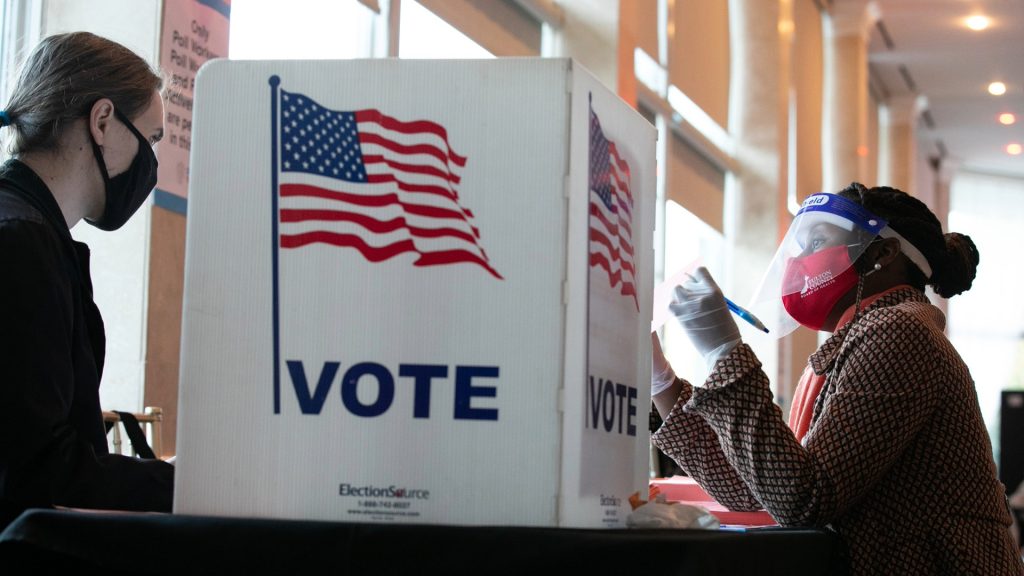
The resolution also calls for the Republican-controlled legislature to appoint presidential electors to offset the removal of candidates from the ballot in other states. Critics see this as an effort to undermine the will of voters and guarantee a victory for former President Donald Trump in 2024. Appointing electors would allow the legislature to hand the election to their preferred candidate regardless of the election results.
Resolution Follows Rulings Banning Trump from Ballots
The timing of the resolution follows rulings in Colorado and Maine barring former President Donald Trump’s name from appearing on primary ballots in 2024. Trump faces legal challenges arguing he is ineligible to hold office under Section 3 of the 14th Amendment due to his role in inciting the January 6 insurrection at the U.S. Capitol.
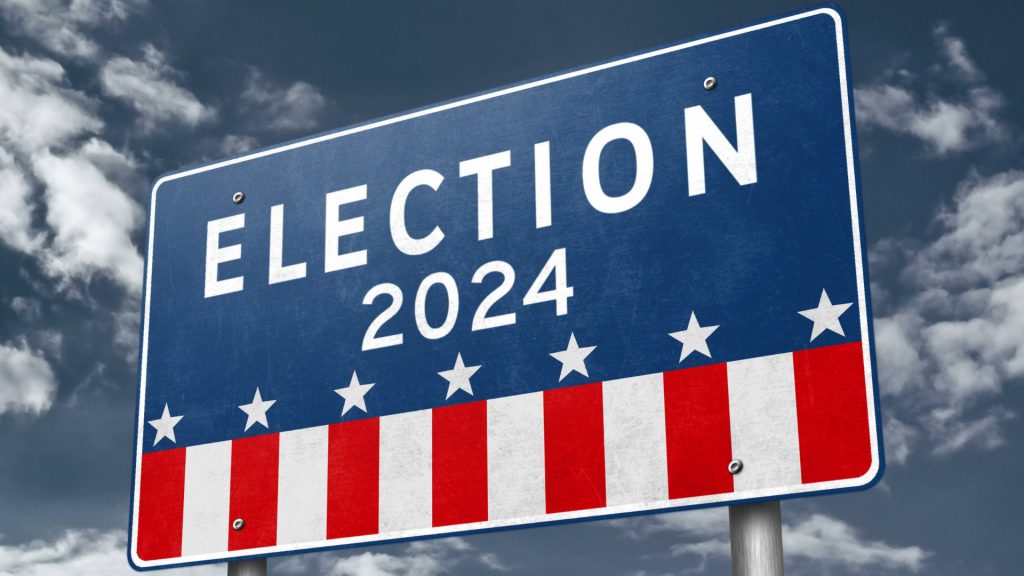
The resolution has been referred to the House Elections Committee for review. However, without the governor’s support, its prospects for enacting any reforms are limited. Critics argue it is primarily a symbolic effort to signal support for Trump and more restrictive voting measures rather than an actionable policy proposal.
Reforms Could Benefit Republican Candidates
The resolution proposes several election reforms that could benefit Republican candidates in Arizona. By appointing presidential electors to offset the removal of candidates from other states, the reforms aim to guarantee a victory for the Republican primary winner, likely former President Donald Trump, in 2024.
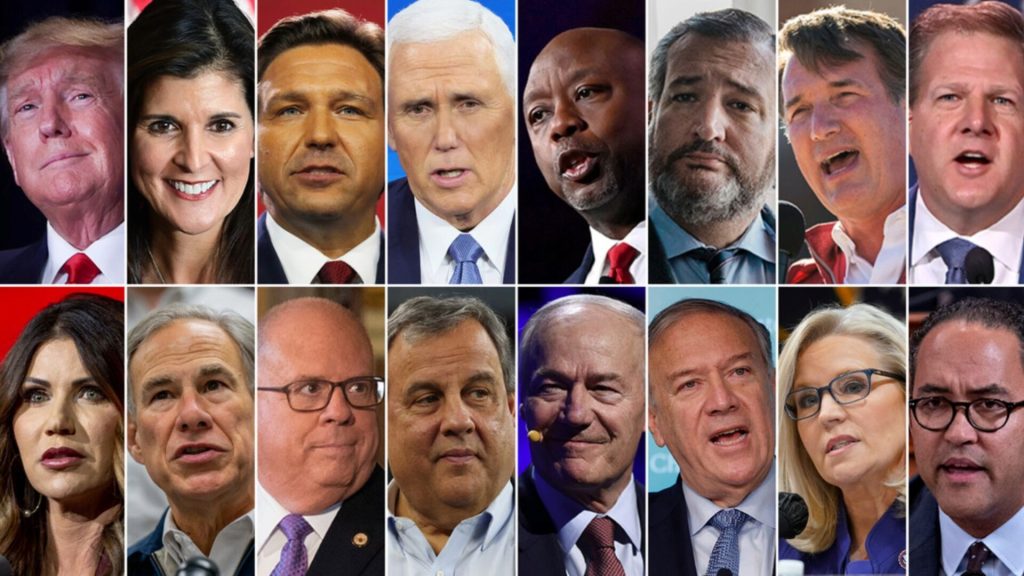
According to the resolution, the proposed reforms include limiting voting to election day only, requiring voter identification and proof of citizenship, manually counting ballots in each precinct, and prohibiting mailed ballots except absentee voting.
Responses From Arizona Leaders on the Controversial Resolution
Both leading Democratic and Republican leaders expressed their opinions on the controversial resolution introduced in the Arizona legislature. Governor Katie Hobbs, a Democrat, condemned the resolution as an “undemocratic power grab” that undermines voters’ rights. Senate Minority Leader Mitch McConnell distanced himself from the resolution, emphasizing that states administer their elections.
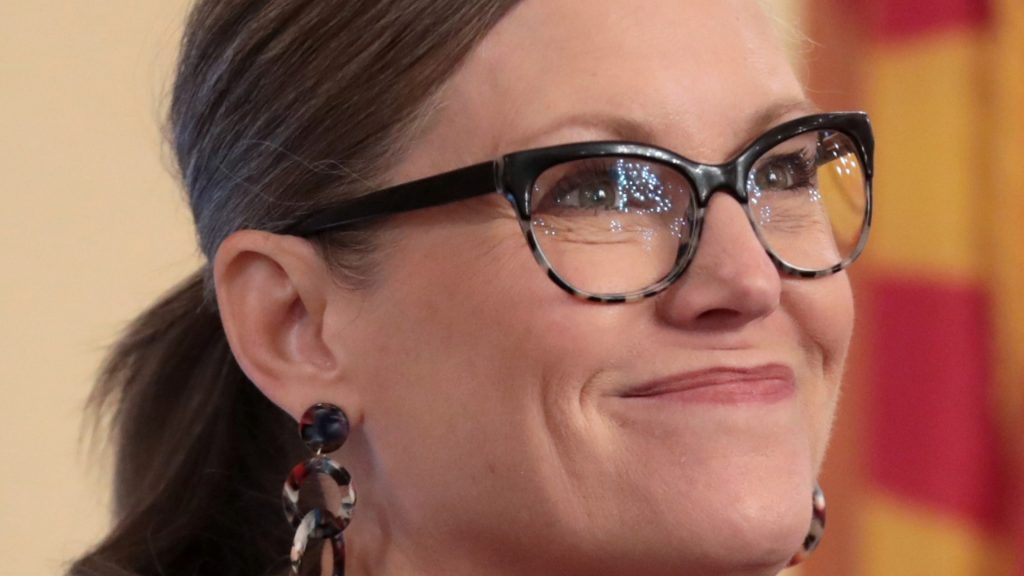
In contrast, Congressman Paul Gosar, a staunch Trump ally, praised the resolution as “taking bold action to safeguard election integrity.” He accused Democrats of attempting to “rig” the 2024 election against Trump through “frivolous” legal challenges. Gosar vowed to propose similar legislation at the federal level.
Constitutional Concerns Around Decertifying Lawful Election Results
The passage of House Concurrent Resolution 2055 raises significant constitutional concerns, as it seeks to decertify lawful election results and appoint presidential electors to guarantee a win for a specific candidate. Appointing electors to ensure a particular candidate’s victory would violate core democratic principles of free and fair elections.
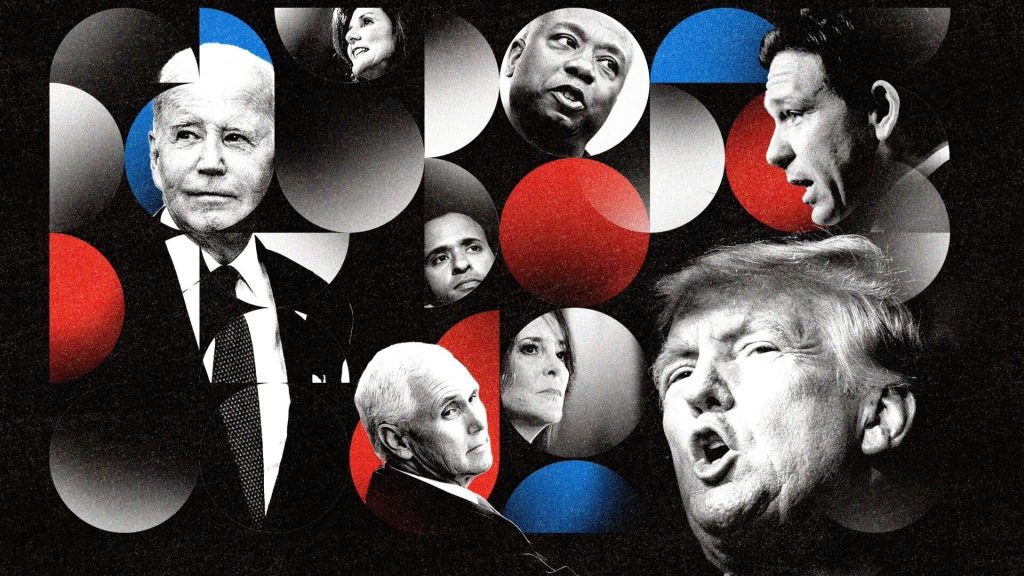
As noted by many, the resolution aims “to guarantee former President Donald Trump wins the 2024 election in the state by offsetting the removal of a Republican candidate in two other states.” Such actions undermine the will of voters and the integrity of the democratic process.
Precedents and Legality of Overturning Popular Vote Years Later
There is no legal precedent for overturning the results of a presidential election years after the fact. The U.S. Constitution gives state legislatures the power to determine how their state’s electoral votes are allocated, but courts have found that power is not absolute.
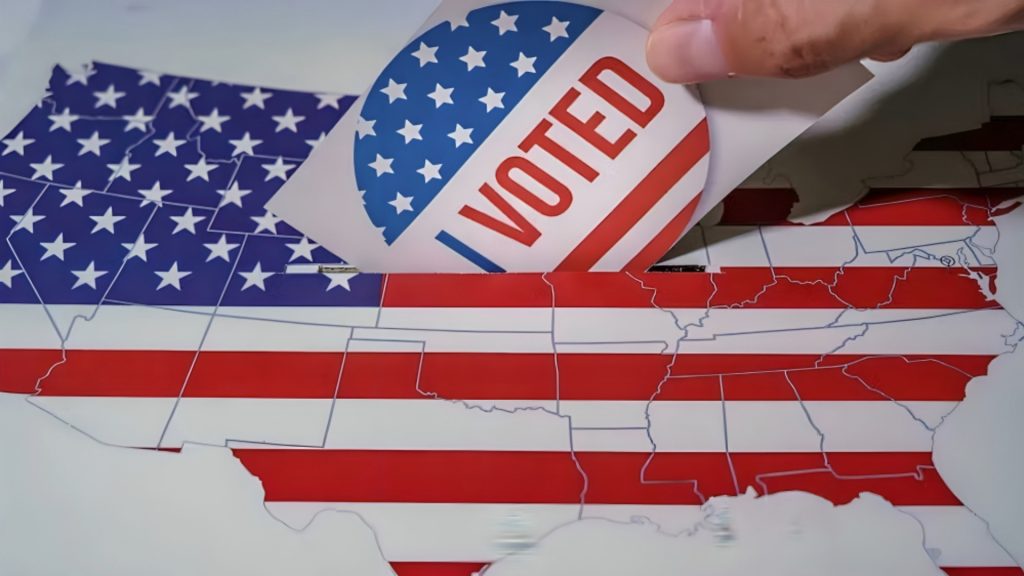
Many legal experts argue that retroactively changing a state’s electoral votes would violate the due process and equal protection clauses of the 14th Amendment. Voters cast their ballots expecting established election rules to be followed. To change those rules after the fact would undermine principles of fairness and deny voters due process.
Options for Challenging the Resolution in the Courts
Opponents of the resolution could file a lawsuit arguing that it violates state and federal election laws. The resolution contradicts the Arizona constitution’s requirement that presidential electors be chosen based on the statewide popular vote.
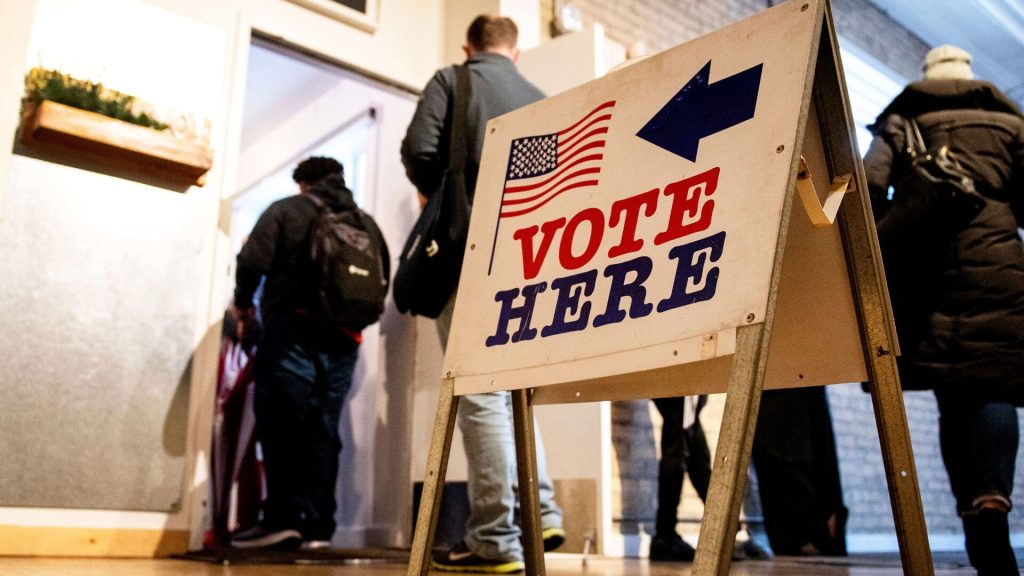
Plaintiffs could seek a court order preventing state officials from implementing the resolution. They would have to show that the resolution is likely illegal or unconstitutional and that allowing it to take effect would cause irreparable harm. If granted, an injunction would prohibit the state from changing how its presidential electors are appointed before a full trial on the merits.

